iPad Mini review
Can the premium-priced Apple iPad Mini take the tiny tablet crown?
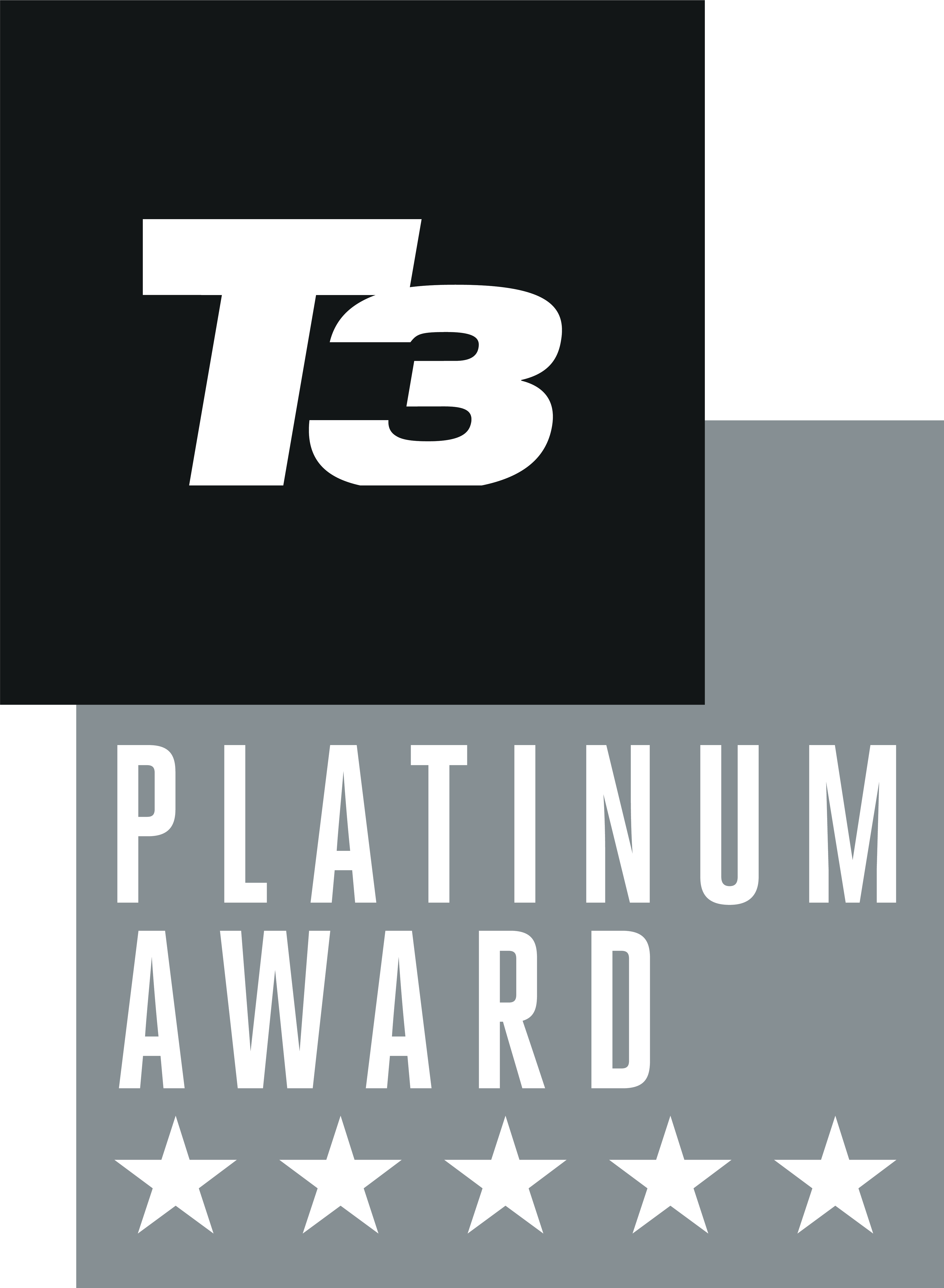
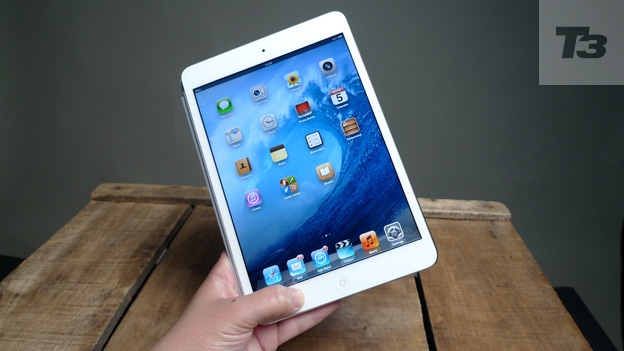
-
+
4:3 screen ratio
-
+
Battery Life
-
+
Weight
-
-
Lower res screen than rivals
-
-
Price
-
-
No headphones included
Why you can trust T3

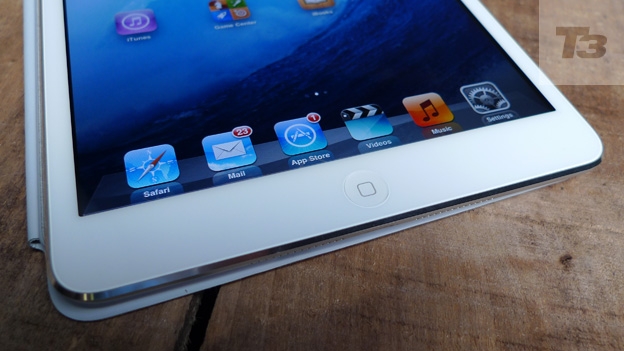
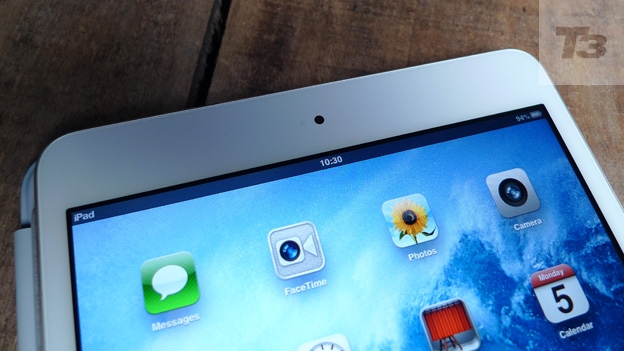
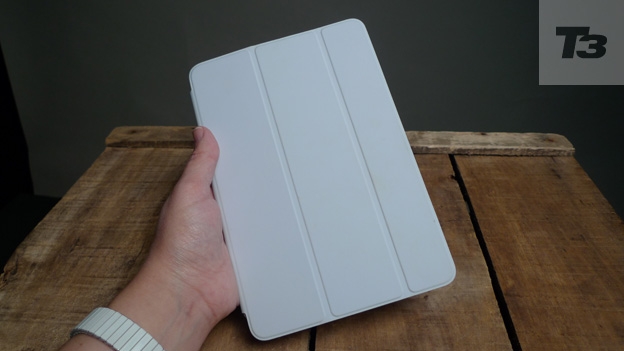
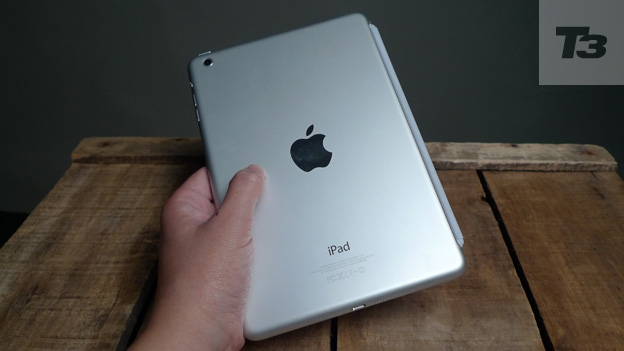
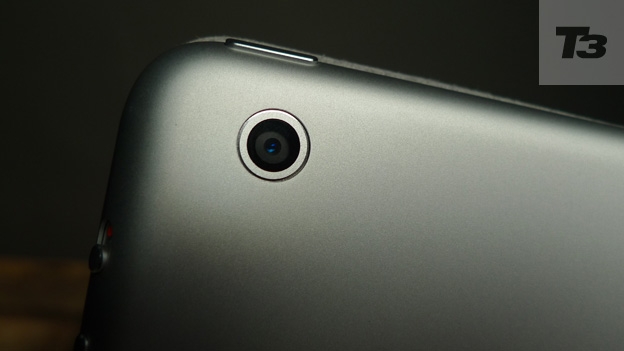
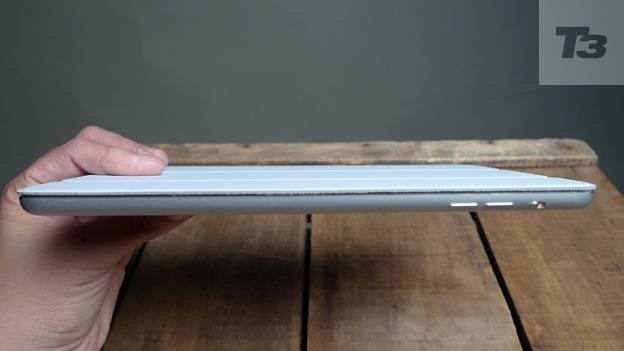
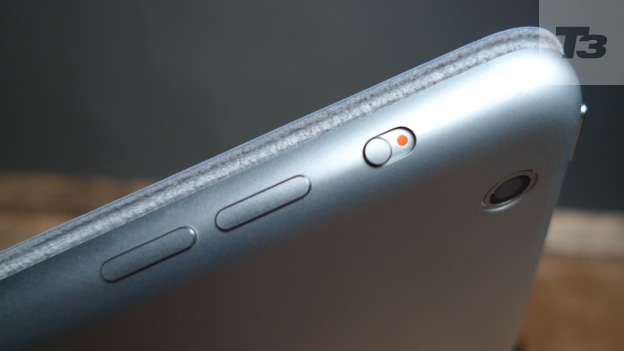
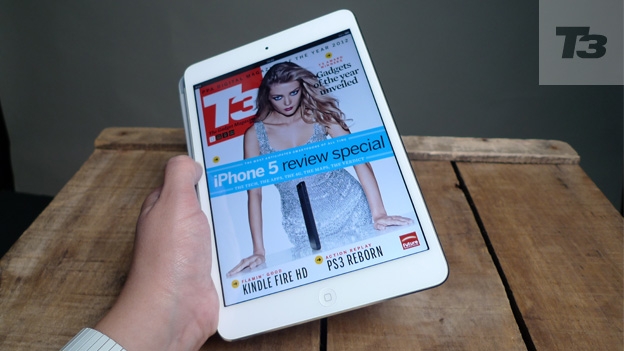
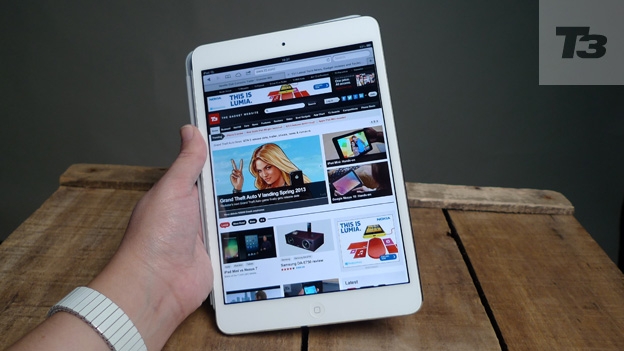
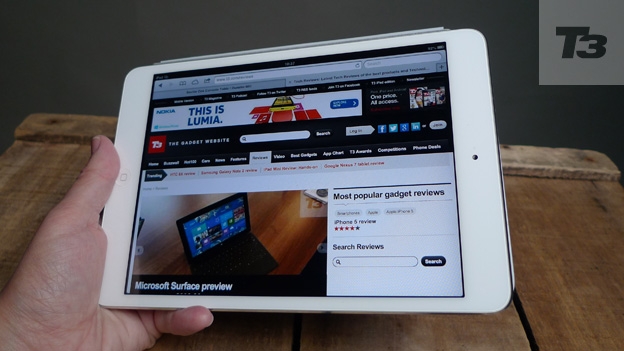
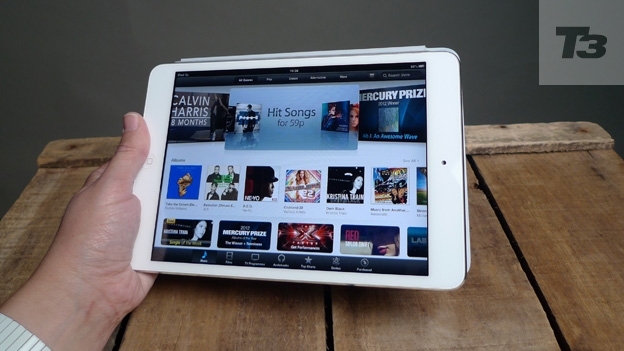
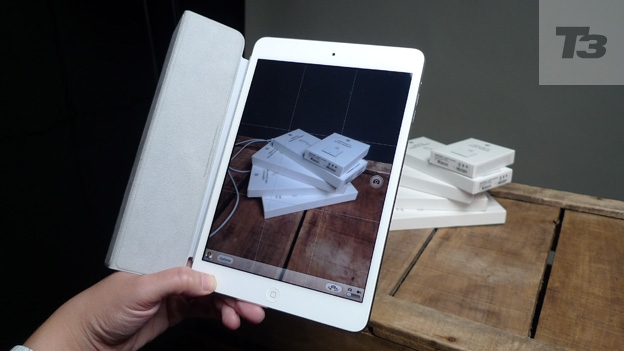
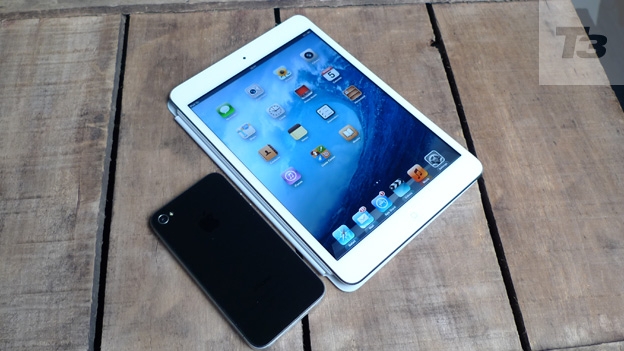
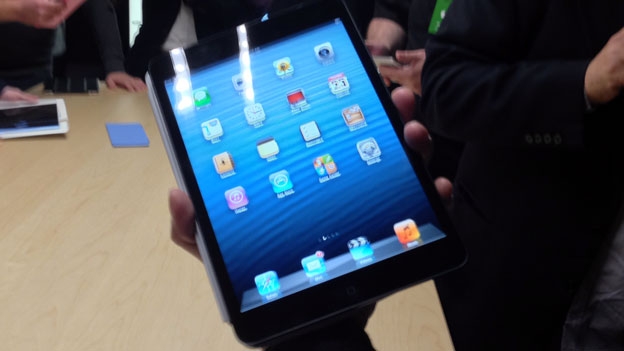
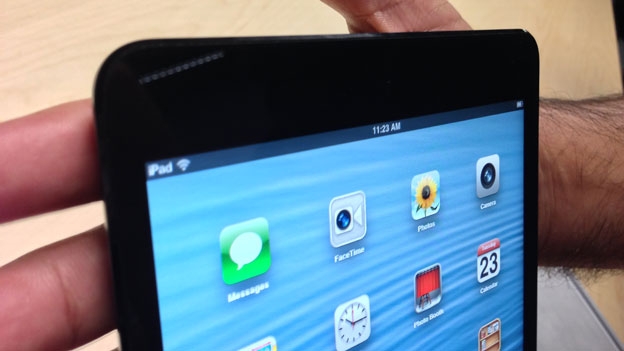
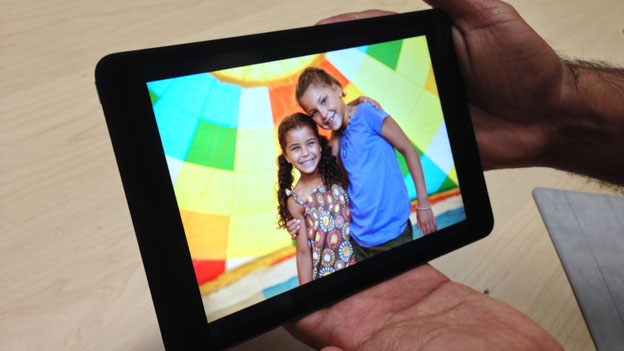
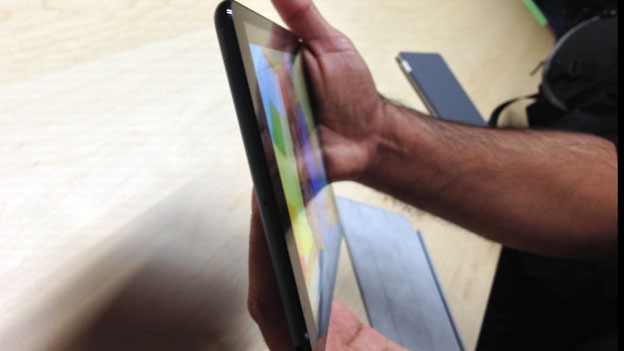
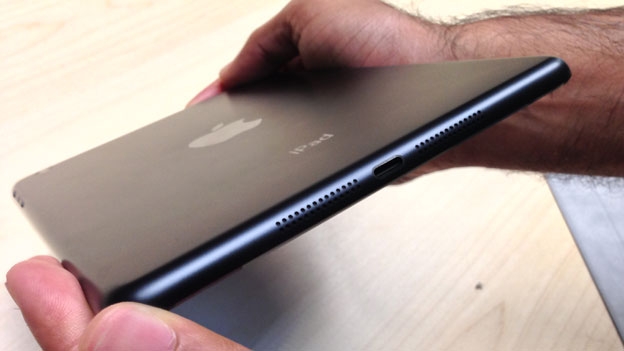
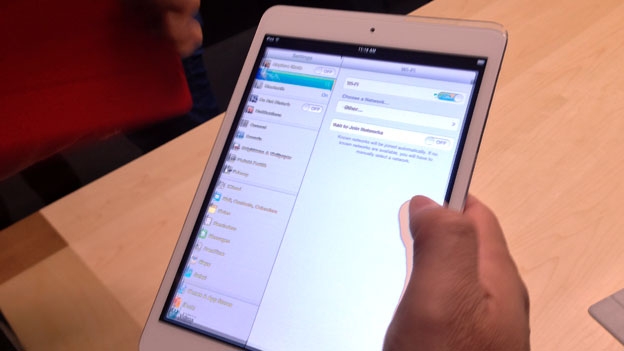
Thinner and lighter than its rivals, yet boasting a bigger screen, can this premium-priced take the tiny tablet crown? Find out in our iPad Mini review
Update: The iPad Mini has been updated to include a Retina Display. The iPad Mini Retina will be available from November 2013, and the 16GB version of the iPad Mini will also still be available.The iPad 3 and iPad 4 have now been replaced by the new, slimline iPad Air. The new model is 20% thinner and sports Apple's new A7 processor. The 16GB iPad 2 will continue to be sold.
As we mused from the Californian Keynote where the new Apple tablet was announced, the iPad Mini reveal didn't win any awards for unexpected launch of the year (that gong went to the third-gen-terminating iPad 4) but in the time we've spent with it, the biggest surprise is how it's surpassed our expectation; not in price, but with regard to the biggest sticking points around tablets: usefulness and purpose.
Right now, Apple claims 100 million iPads are loose in the wild, though speaking to our tech-savvy, early- adopting readers that own them, not many can us what they really use them for. Web browsing, Facebook-checking, newspaper/magazine reading and, from the hundreds of apps that are installed, only around a dozen are regularly engaged.
Many only use their iPad in the home; on the sofa; in the kitchen; while watching TV. Not out and about – size, weight and portable-ness being cited as the most common restricting factors. The new mini iPad not only rights these limitations but improves on an already successful product from the Apple stable.
iPad Mini: Size and build
Let us start by jumping back to the San Jose Keynote for a minute. Apple suggested that the iPad Mini wasn't just a shrunken-down iPad but had been built from the ground up. In reality, it had no option. When the original iPad launched it had no challengers, it was blazing a design trail. The Mini is different. It does have competition, from the biggest tech companies in the world – Google and Amazon.
So apart from brand attache, what's its USP? What makes it different from the other seven-ish inchers? The most blatant trait is design. In typical Apple fashion, the craftsmanship is superb and, in addition to the £269 price tag, clearly sets it apart from its closest competitors: the Google Nexus 7 by Asus and the Kindle Fire HD.
The rounded or 'chamfered' edges take design cues from the iPhone 5 and the acceptably weighty feel (308g WiFi- only model) give it a well-built industrial quality.
It strikes an excellent balance between it being light enough to hold in one hand for extended periods of time and solid enough to take a knock (although a light one considering how those chamfered edges can be easily nicked, a la iPhone 5). The Nexus 7 and Kindle Fire HD feel cheaper in comparison. They are - £80 and £110 respectively.
At 200mm high, 134.7mm wide and 7.2mm deep the Mini is 'just' about compact enough to fit in a back pocket and, like most seven-inchers, is the perfect size for school, hand and manbags. The surface area and weight is similar to a paperback (clearly no coincidence) and, because of this, browsing content while on the go is nicer, more private experience than the bigger iPad.
You can read in bed for more than ten minutes before getting hand cramp and nestle yourself away in a corner without feeling you've got a laptop screen for company. In this regard, it's a competitor to the whole Kindle family, not just the Fire HD.
The side-mounted volume buttons and lock match the metal finish of the chassis, which we like, while the oft- scorned Lightning connector and stereo speakers make the bottom edge feel neater. Thankfully, the headphone socket remains on the top lip meaning no protruding jack when balancing it on your lap.
In short, it feels a cleaner, more manageable design than the existing iPad line and a clear cut above its closest competitors.
iPad Mini: Screen
The iPad Mini's most talked about feature (before and after the launch) is the screen size. Some suggested it should have been smaller. Some that it should have followed the iPhone 5's widescreen ratio. The most important thing from Apple's perspective, however, is that its existing gaggle of apps (700k, at the time of writing) work on all iPadS without letterboxing or distortion. Which they do. Well, the 50-odd we looked at did.
Even T3: iPad Edition formats smoothly into the LED-backlit 7.9-inch (163ppi), 1024x768 resolution, which is great news for consumers and developers alike.
The Nexus 7 and Kindle Fire HD both trump it at 1280 x 800 pixels (216 ppi) and, if you're used to Apple's Retina displays, then you will notice some pixilation. But, because of the smaller, more condensed screen, blurring isn't a problem.
We'd say detail was sharper on the iPad Mini than the iPad 2 but nowhere near the clarity that Retina screens of the iPhone 4S, 5 and new iPad offer. Colours and brightness are also comparable to an iPad 2 but, perhaps because you've got two less square inches of backlit display beaming at you, reading text for extended periods is more manageable and less tiresome on the eyes.
The home screen offers space for 26 apps - 20 on the main screen, six squidged together on the bottom row - and the viewing angle mirrors that of the latest 'big' generation.
However, the Mini's real screen-differentiating selling point over its competitors is how there's so much more to see. The 4:3 ratio display gives you loads of viewing space and, combined with the lithe-like side bezels, using it feels like having all of your content and the whole internet in your hand.
Add this to the physical size of the device and we'd say web browsing, photo viewing, Facebooking, reading and general use is a more pleasurable experience on the Mini than any other iPad to date. Obviously Apple needs to leave room for an upgrade path to the iPad Mini with Retina Display in, oh, a year's time, but we'd say today's experience is excellent.
iPad Mini: Camera
Taking still shots using either of the iPad's cameras hasn't ever impressed us and things don't change with the Mini. For uploading spur-of-the-moment photos to social networking sites, or sharing over email/iMessage, fine, but the 5MP rear camera remains poor in low light and there's just not enough optical oompf to challenge dedicated cameras or photography focussed smartphones.
Where both cams come into their own is with video , especially compared to the Nexus 7 and Fire HD. The Mini sports 1080p on the back and 720p on the front, allowing video capture and conferencing to be a cut above the rest.
There's video stabilisation, tap-to-focus, face detection and, because of the Mini's handy size, it's more manoeuvrable in the field. We were hoping for an iPhone-like camera shortcut from the lock screen and a HDR mode, but neither are present. Shared Photo Streams and basic photo/video editing are. Watch our iPad Mini video tips and tricks below.
iPad Mini: Performance
The Mini houses the same dual-core A5 processor that features in the iPad 2, iPhone 4S and iPod Touch, meaning similar processing power and feature set – Apple TV mirroring, for example. For reference, the iPhone 5 uses an A6 and the latest iPad, an A6X processor.
The Nexus 7 boasts a quad-core Nvidia Tegra 3 and a dual-core 1.2GHz chip adorns the Kindle Fire HD. In our real-world testing, there's not a great deal to tell them apart, but the Mini is speedy and powers polygons impressively.
Where gaming is concerned, the Mini could bolster the Touch's success as a portable plaything, simply down to its size – it's less cumbersome than the bigger iPad, especially when playing games that take advantage of the accelerometer.
Processor-hungry apps such as iPhoto and interactive media (magazines and newspapers) work well on the Mini; all perfectly usable. It's not as speedy as the latest latest iPad or iPhone 5, but then you wouldn't expect a Mac Mini to outperform an iMac.
Unlike the Nexus 7, Apple decided to kick storage options off at 16Gb (like the Kindle Fire HD), which is a smart move considering how quickly gigabytes can be gobbled up. Outdoing its two main rivals, the Mini offers solid-state storage up to 64Gb, but then you're looking at £429 for the Wi-Fi-only version and £529 for the all-singing LTE model.
Apple has equipped the WiFi-only Mini with 802.11a/b/g/n, 2.4GHz and 5GHz wireless capability and Bluetooth 4.0. Latching onto networks is fast and range was comparable to a bigger iPad in our testing.
The cellular iPad Mini (out late November) has all of the above plus LTE connectivity – currently only to be used with EE's network in the UK.
Siri is – well - Siri and, while iOS 6 has improved things somewhat, we still can't but think it's a piece of field research that will be later embedded in iMacs, Macbooks and the new wave of Apple TVs. We still don't instinctively think of using it to open apps, call people or post Facebook messages. We doubt many people do.
Typing on the virtual keyboard is an entirely different experience than the bigger iPad. Because it can be held much easier in one hand, your other digits can tap away pretty quickly without having to hold the other edge, or balance the iPad in your lap. If you have a BFG-type disposition, you'll be able to type with just one hand. Just.
Audio playback is good through the headphone jack and over AirPlay, although no headphones are included in the box. Stereo speaker quality is comparable to a smartphone.
Like the iPhone 5, we didn't notice any speed hike with the Lightning connector, but have come to love the smaller, reversible port, which already makes the 30-pin connector look antiquated. We just need a decent range of accessories to go with it.
Speaking of which, the Smart Cover is an essential add-on; not only as a protector and kick-stand but making the Mini feel like a book that can be quickly opened and content consumed, just like a Kindle that, incidentally, is almost identical in size and weight when its official leather cover is attached. (You might also be interested in our rundown of Apple iPad Mini cases and covers and our iPad Mini vs Nexus 7 feature).
iPad Mini: Battery
The third generation iPad's battery life was its Achilles' heel; no doubt drained by the high-maintenance Retina screen. However, the iPad Mini's is the best we've seen on an iPad to date.
Things might not be so rosy when the Retina version doubtless arrives next year, but for now you can expect it to last for the majority of a working day when in frequent use. It goes for days in standby without needing a recharge.
It's comparable with the Nexus 7's excellent longevity – around 10 hours decent use. Bear in mind that our review model was WiFi-only. On a cellular network, we'd expect it to drain much faster.
Charging via USB takes around four hours to reach 100% and Apple supplies an iPhone/iPod-esque 5W plug, rather than the bigger 12W version that comes with the new iPad.
iPad Mini: Verdict
Summing up Apple products can seem like déjà vu, as many of our opinions remain whether we're looking at a Macbook or an iPhone. Like BMW or Dyson, you're paying for the research, design, craftsmanship and brand association when handing over money for an iThing.
For some, this is seen as non-sensical (as are the fools that buy into it). For others, the idea of not investing in such products and brand is heresy. It comes down to what you value most in a product and what you're willing to pay for it.
With the regard to the iPad Mini, it's unquestionably the nicest-looking, best built and most premium compact tablet on the market. For the price, it should be. In terms of raw power, there's nothing to really separate it from the Nexus 7 or Kindle Fire HD. In real-life tablet use, all three motor along splendidly, have decent battery life and, apart from the app count, have a very similar feature set.
The Mini is thinner and lighter, yet has a screen almost an inch bigger than its two main rivals. The Nexus 7 has NFC, the others don't. The Kindle Fire HD has a mini HDMI, the others need additional accessories. All have half-decent cloud services and, while Apple's app store is streets ahead of Google Market, the gap continues to close and Amazon's expansive digital library shouldn't be underestimated.
We will say this, though: the iPad Mini is the best iPad Apple has ever created. Not because of its feature set, power, hardware or design but, because at this size, a greater number of consumers will be able to see an actual purpose for it; reading books, slipping it into a bag, browsing the web on the move, all without feeling like they're using a laptop.
At £269, it's also the cheapest iPad you can buy – the iPad 2 starts at £329, the new iPad: £399. This fact alone will mean it adorning many a Christmas stocking this year. This isn't to say that the bigger iPad doesn't have a place, it does - at home. But in the wild and in positions that require you to hold it unaided for longer periods of time, the Mini steals the show.
Whether you buy this over a Nexus 7 or Kindle Fire HD comes down to your perception of value and image. But, with all considered, we'd say it was the best of its breed.
iPad Mini release date: Available now
iPad Mini price: £269 (Wi-Fi, 16GB), £349 (Wi-Fi, 32GB), £429 (Wi-Fi, 64GB), £369 (Wi-Fi + 3G, 16GB), £449 (Wi-Fi + 3G, 32GB), £529 (Wi-Fi +3G, 64GB)
Sign up to the T3 newsletter for smarter living straight to your inbox
Get all the latest news, reviews, deals and buying guides on gorgeous tech, home and active products from the T3 experts
-
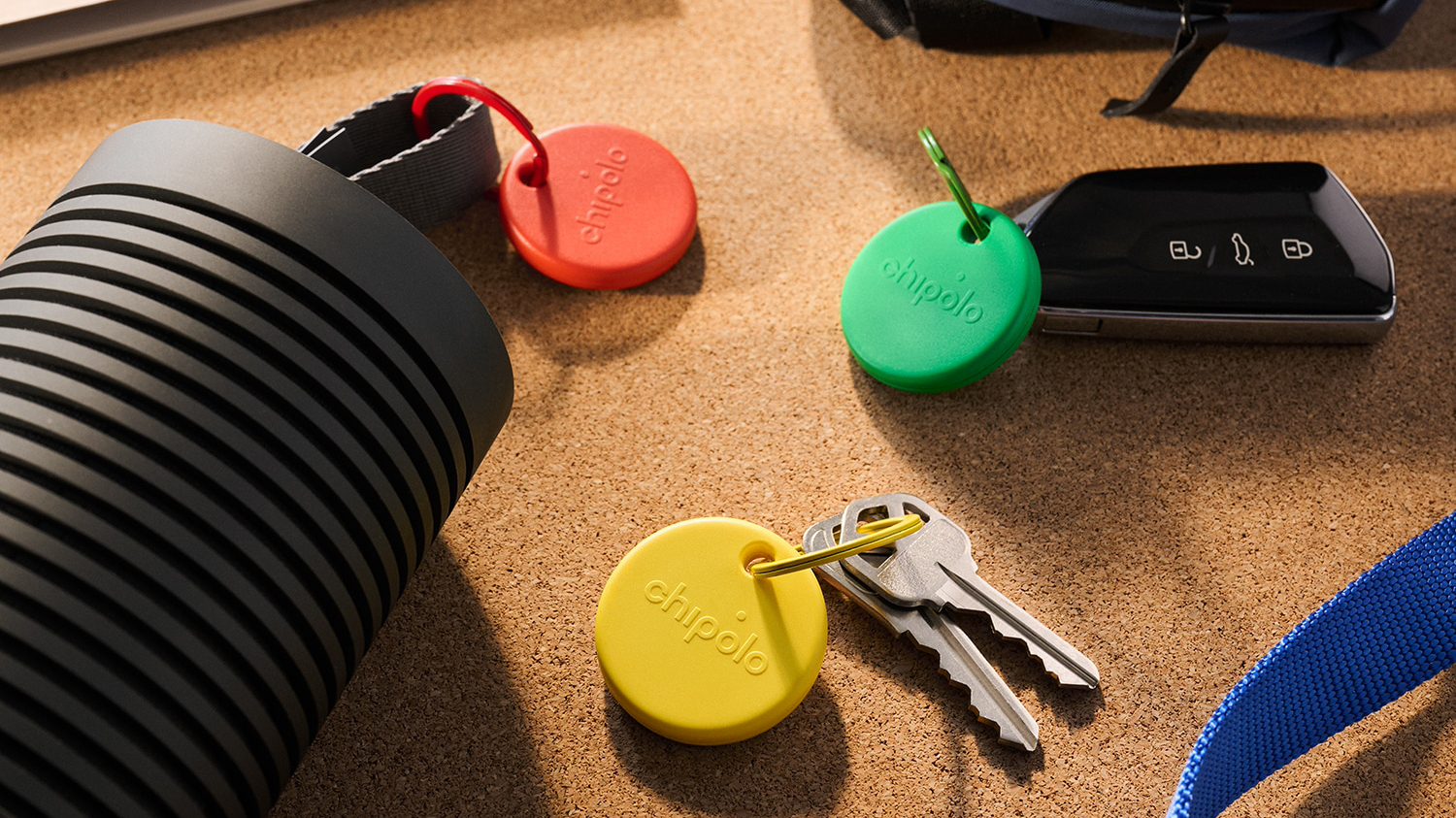 Forget AirTag, Chipolo's new Bluetooth tracker adds a dash of colour
Forget AirTag, Chipolo's new Bluetooth tracker adds a dash of colourChipolo's Pop tracker works with both Apple's Find My and Google's Find My Device – so you can track whichever platform you're using
By Mike Lowe Published
-
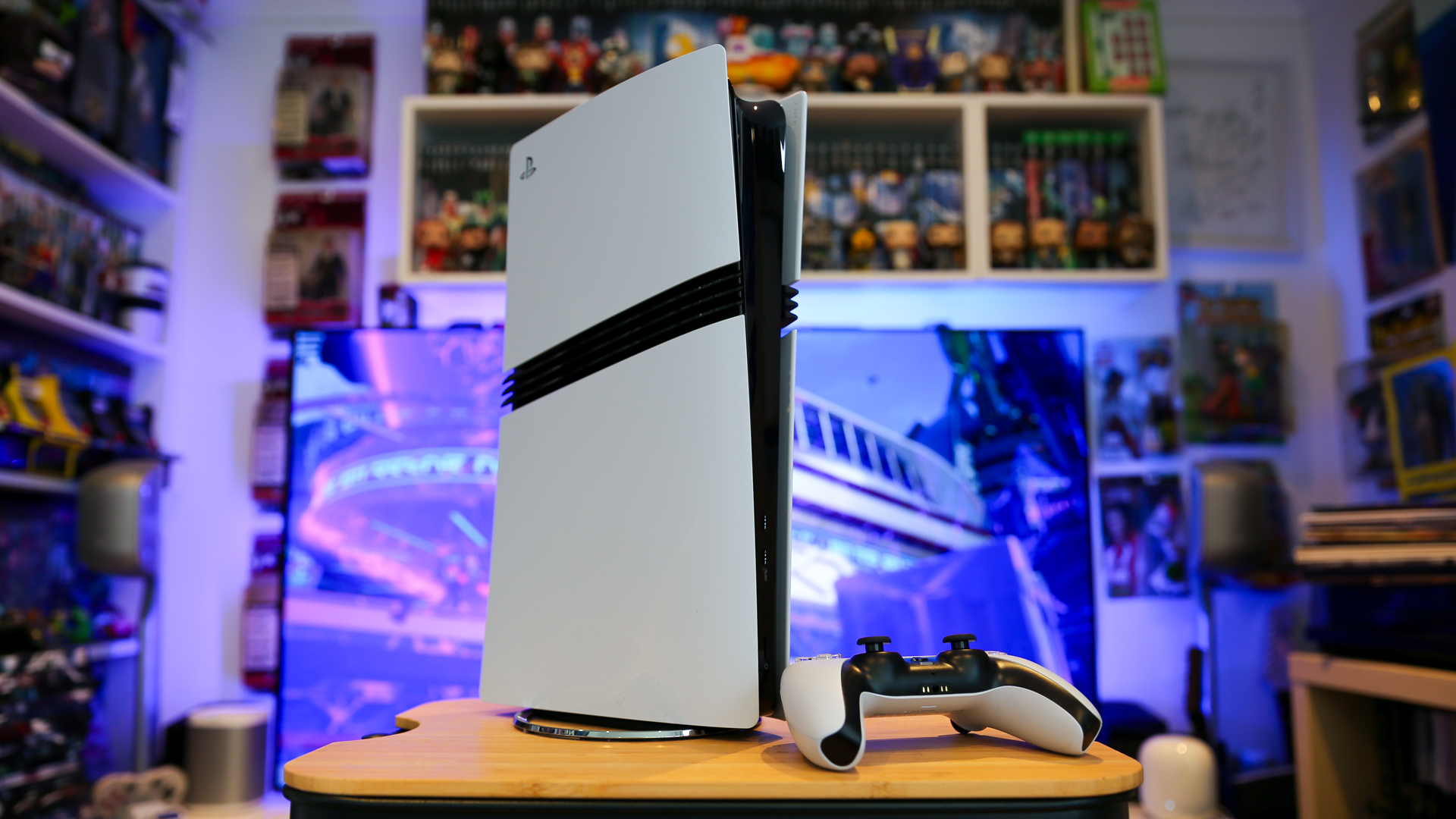 The 5 luxury PS5 Pro accessories I can't live without – How to upgrade your PlayStation in style
The 5 luxury PS5 Pro accessories I can't live without – How to upgrade your PlayStation in styleIf you want a better experience for your PS5 Pro, you need these luxury upgrades
By Max Freeman-Mills Published
-
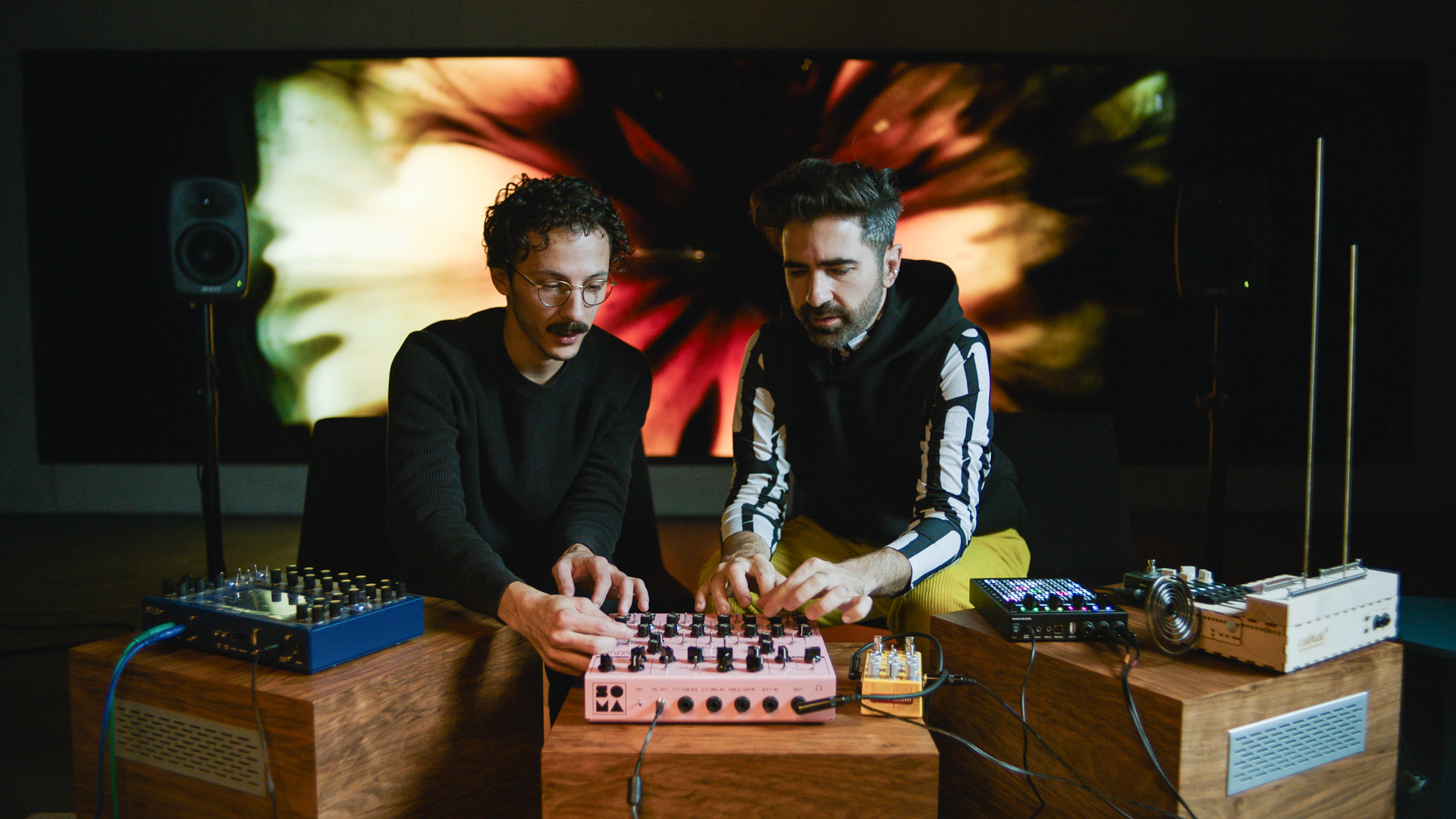 This is the sound of BMW's upcoming Neue Klasse EVs
This is the sound of BMW's upcoming Neue Klasse EVsHas BMW cracked the problem of making EVs sound fun with its next-gen soundscape for its Neue Klasse cars
By Alistair Charlton Published